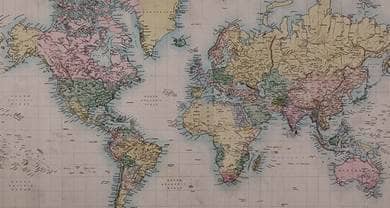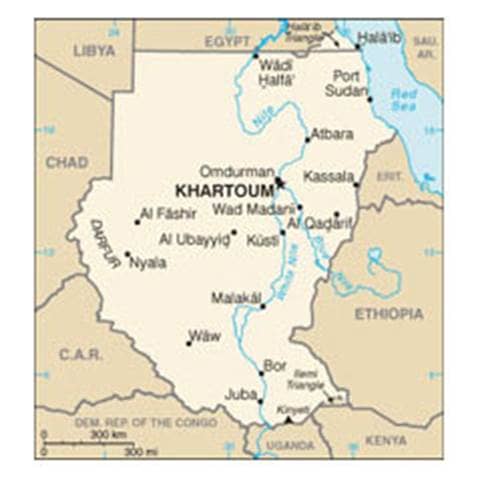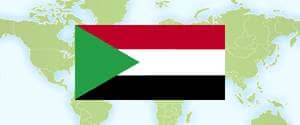- Trending:
- Pope Leo Xiv
- |
- Israel
- |
- Trump
- |
- Social Justice
- |
- Peace
- |
- Love

RELIGION LIBRARY
Sudan

The country has an area of 967,500 square miles and a population of 41.1 million. An estimated four-fifths of the population live in the 15 states of the north and are generally from Arabic-speaking Semitic groups. The remaining one-fifth of the population lives in the south and is mostly Nilotic.
An estimated 70 percent of the population is Muslim. Islam is the predominant religion in the north. Almost all Muslims are Sunni, although there are significant distinctions between followers of different Sunni traditions, particularly among Sufi brotherhoods.
An estimated 25 percent of the population holds indigenous beliefs (animism), which are prevalent in rural areas throughout the country. Some animists have been baptized but they either do not identify themselves as Christians or combine Christian and animist practices.
Christians are the third-largest religious group, traditionally concentrated in the south and the Nuba Mountains. Khartoum has a significant Christian population, in part because of migration during the long civil war. The Roman Catholic Church of Sudan and the Episcopal Churches of Sudan estimate they have six million and five million baptized followers, respectively, although active churchgoers are far fewer.
There are very small but long-established groups of Orthodox Christians in Khartoum and other northern cities, including Coptic Orthodox and Greek Orthodox. There are also Ethiopian and Eritrean Orthodox communities, largely made up of refugees and migrants, in Khartoum and the east. Other Christian groups with smaller followings include the Africa Inland Church, Armenian (Apostolic) Church, Sudan Church of Christ, Sudan Interior Church, Jehovah's Witnesses, Sudan Pentecostal Church, Sudan Evangelical Presbyterian Church (in the north), Presbyterian Church of the Sudan (in the south), and the Seventh-day Adventist Church of Sudan.
Religion plays a prominent role in the complex system of political alliances. Northern Muslims have dominated the political and economic system since independence in 1956. Since the signing of the Comprehensive Peace Agreement (CPA) in 2005, the GNU has appointed both Muslims and Christians to prominent executive positions.
The dominant political power, the National Congress Party (NCP), draws its support from conservative Arab Muslims in the north. Northern opposition parties draw their support from different Sufi brotherhoods: the Umma Party is closely connected with Arab followers of the Ansar sect, and the Democratic Unionist Party with the Khatmia sect. Opposition parties typically include non-Arab Muslims from the north, east, and Darfur regions.
Following the civil war, the Sudan People's Liberation Movement (SPLM) became the dominant political power in the south and is the main coalition partner with the ruling NCP in the GNU. The SPLM draws its support from Southern Christians but regularly engages with Muslim opposition parties and rebel groups in Darfur and the east.
| Population | Population (2009 est.) 41,087,825 |
| Religious Demographics | Sunni Muslim 70% (in north), Christian 5% (mostly in south and Khartoum), indigenous beliefs 25% |
| Ethnic Groups | Ethnic Groups black 52%, Arab 39%, Beja 6%, foreigners 2%, other 1% |
| Languages | Languages Arabic (official), English (official), Nubian, Ta Bedawie, diverse dialects of Nilotic, Nilo-Hamitic, Sudanic languages |
| Country Flag |  |










